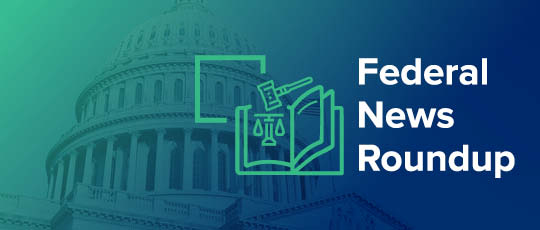- Rudeness in the workplace is on the rise. Research indicates frontline workers are experiencing more rude behavior from unsatisfied customers over the past decade.
- How employers can improve the situation. Recognition should be provided at least every seven days for employees to feel valued by the organization.
- Recognizing co-workers. Peer recognition can be an effective method to show appreciation to employees.
When the cascade of flight cancellations recently began during the busiest holiday travel season in years, Justin Sun got a feeling of deja vu as news channels began showing exasperated frontline workers battling the horde of frustrated fliers.
“When the pandemic started, many online travel agencies had their call centers flooded with customer requests to cancel trips and check on eligibility for refunds,” said Sun, a global compensation advisor with Expedia Group. “The result was significantly longer wait times and frontline staff who were overwhelmed by the high influx of unanticipated requests.”
Such conditions are often ripe for rude customer behavior, according to Christine Porath, professor of management at Georgetown University who wrote a recent Harvard Business Review piece titled “Frontline Work When Everyone Is Angry."
“In 2005, nearly half of the workers I surveyed across the globe said they were treated rudely at work at least once a month,” Porath wrote. “In 2011, it was up to 55 percent, and by 2016, it had climbed to 62 percent.”
Recognize and Reward Frontline Employees
Frontline customer service roles are among the most physically, mentally and emotionally demanding in any organization because they often require dealing with challenging customers and working long hours while being short-staffed.
When employees are unable to resolve customer issues, as in the recent travel mess, they may feel demoralized and emotionally drained, resulting in lower engagement and higher turnover. Even when they’re able to deliver exceptional service, many customer service agents may not receive the baseline recognition that they might expect from customers.
Given all the recent wrath faced by Southwest’s frontline force, one of the most compelling ways to show how much civility matters to your organization is to recognize and reward it, Porath wrote in her piece.
“Gestures of appreciation, for example, can help reduce burnout, promote retention, and aid mental health and well-being. When reviewing performance, don’t just focus on the results; also consider the how of the work by expressing gratitude for the full contributions people make, which includes handling uncivil behavior.”
Peers can be an excellent source of appreciation, according to Porath.
“Consider using a peer-to-peer recognition program, like the Fool’s Gold program at stock adviser The Motley Fool. Each employee is given an allotment of ‘gold’ that they can dole out to their coworkers to recognize them for any action they feel is worthy. Employees can redeem the gold for gift cards and other rewards. There’s also a recognition live feed that allows employees to read all posted compliments. It’s a way to share information and celebrate accomplishments related to both results and the how of work.”
Meanwhile, Sun said a rewards program that encourages frequent recognition can reinvigorate employees and help them feel like the work they’re doing is making a difference. He added that according to Gallup, recognition — whether it’s a thank you note or praise during a team meeting — should be provided at least every seven days to employees for them to feel valued by the organization.
“Research consistently shows the highest driver of engagement is whether employees feel their managers are invested in their well-being,” he said, “and few people can deny the power that recognition has on their emotional health.”
For companies looking to beef up their recognition response to a trying period, Sun suggest they ensure that recognition delivered to employees is specific and timely.
Detailing the dates and situations deserving of recognition, including how behaviors reflect company values, can help employees see the value of their contributions and feel more connected to the company’s mission, he said. Recognition should also take place immediately or shortly after the action deserving of recognition has occurred.
“For example, don’t wait until the summer picnic or Christmas party at the end of the year to show appreciation for superior customer service that took place earlier in the year. “
Most importantly, he said, recognition should be heartfelt, sincere and doesn’t need to be monetary in nature to be effective. “Five years down the road, employees won’t likely remember the $500 spot bonus you gave them, but they will remember you taking them out for lunch to celebrate their accomplishments and the emotional connection you created in doing so.”
Regardless of the method, any earnest effort to reward and recognize employees is a good thing.
As Porath wrote, “Recognition may not make up for the abuse they’re weathering, but it helps people feel like their community is backing them and appreciates the care they’re delivering, or simply the fact that they’re showing up.”
Editor’s Note: Additional Content
For more information and resources related to this article see the pages below, which offer quick access to all WorldatWork content on these topics:







